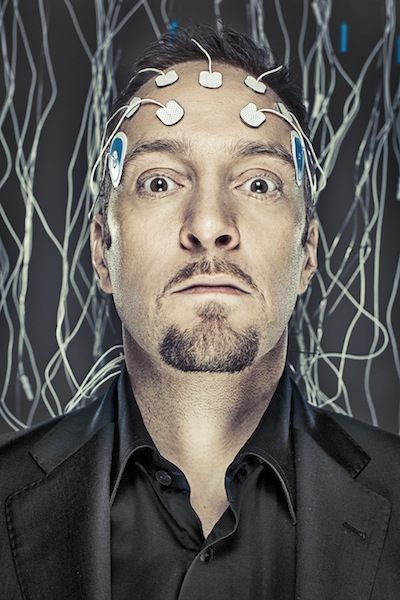Derren Brown: The Experiments – THE GAMESHOW
Derren Brown returns to our screens with “The Experiments†a brand new four part series for Channel 4. Each stand-alone episode asks and answers a single question featuring the usual inventive and jaw dropping Derren Brown mixture of stunts, suggestion and thought-provoking entertainment combined with tried and tested psychological experiments, to illustrate how easily our behaviour can be manipulated.
In “The Gameshowâ€, the second show in the series, Derren Brown turns himself into the host of a game show and investigates whether we all have the capacity for evil and whether or not being part of a group affects our sense of right and wrong?
The Experiments – The Assassin (Episode 1), airs Friday 21st October at 9pm on Channel 4.
The Experiments – The Gameshow (Episode 2), airs Friday 28th October at 9pm on Channel 4.


